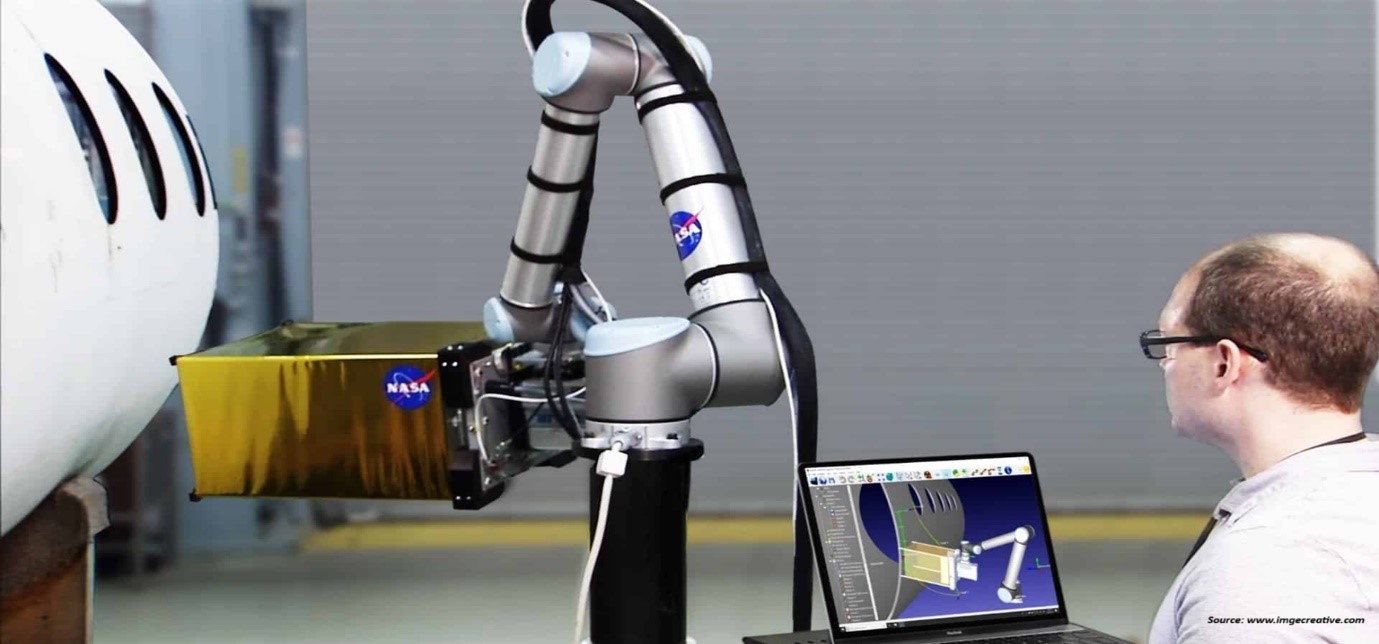Advent of Emerging and Advanced Technologies in Artificial Intelligence
17-Feb-2025

Artificial intelligence (AI) continues to evolve at a rapid pace, driven by a myriad of emerging and advanced technologies. From deep learning and natural language processing to computer vision and reinforcement learning, various technologies are reshaping the AI technology and revolutionizing how we interact with this technology. In this blog, we will delve into some of the most exciting developments in AI, exploring their applications, benefits, and implications for the future.
Deep Learning: At the forefront of AI innovation is deep learning, which involves neural networks with multiple layers. It enables AI systems to learn from vast datasets and make complex decisions. This technology powers applications, such as voice assistants, image recognition systems, and recommendation engines. They have been transforming various industries, such as healthcare, finance, and retail.
As an example, Akamai Technologies partnered with Neural Magic to enhance deep learning capabilities on Akamai's distributed computing infrastructure. This collaboration aims to provide enterprises with a high-performance platform for efficiently running deep learning AI software on CPU-based servers. It offers cost-effective solutions for accelerating AI workloads.
Natural Language Processing (NLP): NLP enables AI systems to understand, interpret, and generate human language. From language translation and sentiment analysis to chatbots and virtual assistants, NLP is revolutionizing communication and interaction in the digital age. It has been enhancing customer experiences and streamlining business operations.
Notably, Google unveiled Gecko, a groundbreaking advancement in NLP that diverges from traditional text embedding models by distilling insights from large language models (LLMs). Gecko represents a significant leap in NLP capabilities, redefining the landscape of text embedding methodologies and performance benchmarks.
Get Your Free Sample Report Now!
Generative AI: It is a powerful subfield of AI technology and it is transforming how we create content. Unlike traditional AI that focuses on analyzing and interpreting existing data, generative AI takes things a step further. It can learn the underlying patterns and relationships within a vast dataset of creative content, such as images, text, or music. By understanding these patterns, it can then use them to generate entirely new and original works.
Generative AI has the potential to revolutionize many industries, including marketing, product design, media & entertainment, and others. As an example, Wipro and Microsoft partnered to launch Generative AI-powered virtual assistants, including Wipro GenAI investor intelligence, onboarding, and loan origination. These assistants aim to transform financial operations, providing market insights, investment updates, and customer behavior data.
Computer Vision: Computer vision empowers AI systems to interpret and analyze visual information from images or videos. Applications include facial recognition, object detection, autonomous vehicles, and medical image analysis. It is driving advancements in various fields, such as healthcare, transportation, and security.
For example, Assert AI breaks down barriers with Pratham, the world's first no-code platform for computer vision. This revolutionary tool puts AI within reach of everyone, eliminating the need for coding knowledge.
Explainable AI (XAI): Explainable AI focuses on developing AI systems that can provide transparent explanations for their decisions and predictions. By enhancing trust and understanding in AI applications, XAI enables responsible and ethical deployment of AI technology across industries. For instance, Ericsson introduced a new set of capabilities within its Cognitive Software portfolio that leverages XAI to accelerate AI adoption among communications service providers (CSPs).
This innovation aims to significantly improve the time-to-value from AI-based solutions by providing transparency and openness in AI models. It allows users to understand the reasoning behind algorithmic decisions.
Edge AI: Edge AI involves deploying AI algorithms directly on edge devices, enabling real-time inference and reducing latency and bandwidth requirements. This technology allows smart IoT devices, autonomous vehicles, and augmented reality applications. This, in turn, unlocks new possibilities for AI at the edge. At Mobile World Congress (MWC) 2024, Intel introduced a new Edge Platform, a flexible and open software platform empowering business to create, deploy, operate, secure, and oversee edge and AI applications on a large scale with simplicity akin to cloud services.
Neuromorphic Computing: This field aims to develop computer chips that mimic the structure and function of the human brain. Neuromorphic chips have the potential to be much faster and more efficient than traditional chips, which could lead to breakthroughs in AI.
For instance, Intel is taking significant steps toward sustainable AI by revealing "Hala," the largest neuromorphic system globally. Neuromorphic computing seeks to emulate the structure and functionality of the human brain. It provides a more energy-efficient approach to AI than conventional methods.
In conclusion, the landscape of AI is continually evolving, fueled by a diverse range of emerging and advanced technologies. From deep learning and natural language processing to computer vision and reinforcement learning, these technologies drive innovation, transform industries, and reshape how we interact with technology.
As AI continues to advance, it is essential to embrace these developments responsibly, ensuring that AI technology benefits society while addressing ethical and societal concerns. With continued research and development, the future of AI holds immense promise by unlocking new opportunities and possibilities for the betterment of humanity.
ABOUT THE AUTHOR
 Shyam Gupta is a passionate and highly enthusiastic researcher with over four years of experience. He is dedicated to assisting clients in overcoming challenging business obstacles by providing actionable insights through exhaustive research. Shyam has a keen interest in various industries, including ICT & Media, Digital Transformation, and Telecoms & Internet. He consistently endeavors to deliver valuable perspectives in these areas. In addition to his research work, Shyam enjoys sharing his thoughts and ideas through articles and blogs. During his leisure time, he finds solace in the world of literature and art, often engrossed in reading and expressing his creativity through painting. The author can be reached at info@nextmsc.com
Shyam Gupta is a passionate and highly enthusiastic researcher with over four years of experience. He is dedicated to assisting clients in overcoming challenging business obstacles by providing actionable insights through exhaustive research. Shyam has a keen interest in various industries, including ICT & Media, Digital Transformation, and Telecoms & Internet. He consistently endeavors to deliver valuable perspectives in these areas. In addition to his research work, Shyam enjoys sharing his thoughts and ideas through articles and blogs. During his leisure time, he finds solace in the world of literature and art, often engrossed in reading and expressing his creativity through painting. The author can be reached at info@nextmsc.com
Add Comment
Related Blogs
How Collaborative Robots (Cobots) are Enhancing Human-Robot Collaboration in Warehouses?
Collaborative robots are used in warehouse operations to rev...
Leaders in Automation Kion, Honeywell, and ABB Influence on the Warehouse Market
Next Move Strategy Consulting forecasts that the Warehouse A...
Unveiling the Top 10 Innovators in the Global Robot Vacuum Cleaner Sector
Next Move Strategy Consulting states that the global robot v...











